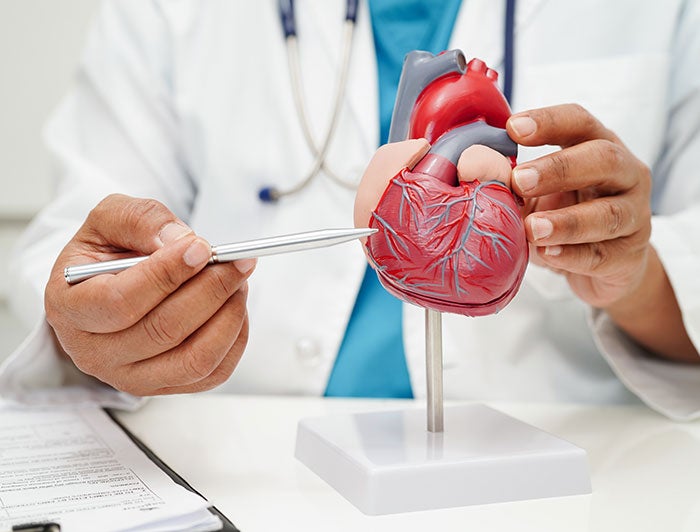Garden State hospitals are doing something right when it comes to matters of the heart

For more than a century, heart disease has been the leading cause of death in the United States across most racial and ethnic groups. In 2022, it accounted for 1 in every 5 deaths.
Still, progress in treating heart conditions and saving lives is being achieved, and the state of New Jersey has been a real leader in the effort. In general, Garden State hospitals are doing something right when it comes to matters of the heart. The risk-adjusted bypass mortality rate in New Jersey declined 43.3% between 1994 and 2020, according to the most recent data available from the state Department of Health.
Why? Cardiologists point to a number of factors, including new devices that help physicians treat the sickest cardiac patients without the need for emergency surgery, widespread use of the most successful minimally invasive heart surgeries and treatments, and newer classes of drugs, including alternatives to statins, which provide more options for cardiac care.
Additional advances are on the horizon, including AI tools that can enhance diagnostic accuracy and personalize treatment plans, making care more effective and efficient for both providers and patients.
Public education is also a significant element in New Jersey, according to Dr. Dinesh Singal, medical director, Cardiac Catheterization Laboratory at Saint Peter’s University Hospital. “And as the general population gains more awareness about the ways that early measures can reduce adverse cardiac events, more people are getting appropriate care sooner, instead of waiting,” he said.
Meanwhile, caregivers statewide remain committed to the fight to reduce the incidence of heart disease. Hackensack Meridian Health is investing $45 million at Jersey Shore University Medical Center to create a new, dedicated cardiovascular services suite, which is scheduled to open in the first quarter of 2025 to meet the Monmouth and Ocean County community’s growing cardiovascular care needs.

